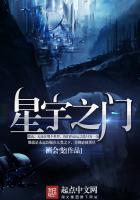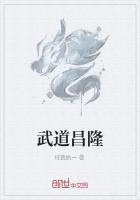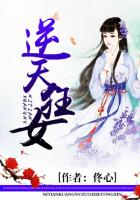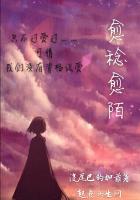So I quit trying to be a combination of other men, and rolled upmy sleeves and did what I should have done in the first place: Iwrote a textbook on public speaking out of my own experiences,observations, and convictions as a speaker and a teacher ofspeaking. I learned—for all time, I hope—the lesson that SirWalter Raleigh learned. “I can’t write a book commensurate withShakespeare,” he said, “but I can write a book by me.”
Be yourself. Act on the sage advice that Irving Berlin gavethe late George Gershwin. When Berlin and Gershwin firstmet, Berlin was famous but Gershwin was a struggling youngcomposer working for thirty-five dollars a week in Tin Pan Alley.
Berlin, impressed by Gershwin’s ability, offered Gershwin a job ashis musical secretary at almost three times the salary he was thengetting. “But don’t take the job,” Berlin advised. “If you do, youmay develop into a second-rate Berlin. But if you insist on beingyourself, some day you’ll become a first-rate Gershwin.”
Gershwin heeded that warning and slowly transformed himselfinto one of the significant American composer of his generation.
Charlie Chaplin, Will Rogers, Mary Margaret McBride, GeneAutry, and millions of others had to learn the lesson I am tryingto hammer home in this chapter. They had to learn the hardway—just as I did.
When Charlie Chaplin first started making films, the directorof the pictures insisted on Chaplin’s imitating a popular Germancomedian of that day. Charlie Chaplin got nowhere until heacted himself. Bob Hope had a similar experience: spent yearsin a singing-and-dancing act—and got nowhere until he beganto wisecrack and be himself. Will Rogers twirled a rope invaudeville for years without saying a word. He got nowhere untilhe discovered his unique gift for humour and began to talk as hetwirled his rope.
When Mary Margaret McBride first went on the air, she triedto be an Irish comedian and failed. When she tried to be just whatshe was—a plain country girl from Missouri—she became one ofthe most popular radio stars in New York.
When Gene Autry tried to get rid of his Texas accent anddressed like city boys and claimed he was from New York, peoplemerely laughed behind his back. But when he started twanginghis banjo and singing cowboy ballads, Gene Autry started out ona career that made him the world’s most popular cowboy both inpictures and on the radio.
You are something new in this world. Be glad of it. Makethe most of what nature gave you. In the last analysis, all art isautobiographical. You can sing only what you are. You can paintonly what you are. You must be what your experiences, yourenvironment, and your heredity have made you. For better or forworse, you must cultivate your own little garden. For better or forworse, you must play your own little instrument in the orchestraof life.
As Emerson said in his essay on “Self-Reliance”: “There is atime in every man’s education when he arrives at the convictionthat envy is ignorance; that imitation is suicide; that he must takehimself for better, for worse, as his portion; that though the wide universe is full of good, no kernel of nourishing corn can come tohim but through his toil bestowed on that plot of ground whichis given him to till. The power which resides in him is new innature, and none but he knows what that is which he can do, nordoes he know until he has tried.”
That is the way Emerson said it. But here is the way a poet—the late Douglas Malloch—said it:
If you can’t be a pine on the top of the hill.
Be a scrub in the valley—but be
The best little scrub by the side of the rill;Be a bush, if you can’t be a tree.
If you can’t be a bush, be a bit of the grass.
And some highway happier make;
If you can’t be a muskie, then just be a bass—But the liveliest bass in the lake!
We can’t all be captains, we’ve got to be crew.
There’s something for all of us here.
There’s big work to do and there’s lesser to doAnd the task we must do is the near.
If you can’t be a highway, then just be a trail,If you can’t be the sun, be a star;
It isn’t by the size that you win or you fail—Be the best of whatever you are!
To cultivate a mental attitude that will bring us peace andfreedom from worry, here is Rule 5:
Let’s not imitate others. Let’s find ourselves and be ourselves.















